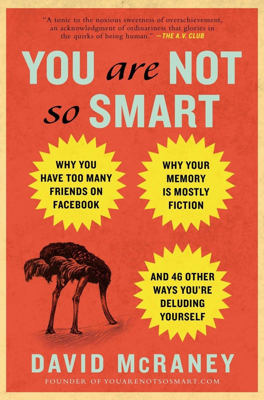Brand Loyalty
Misconception vs. Truth
Misconception:
You prefer the things you own over the things you don’t because you made rational choices when you bought them.
Truth:
You prefer the things you own because you rationalize your past choices to protect your sense of self.
Online Arguments and Fanboyism
- The Internet has facilitated heated debates over products, often seen in comments and forums like Mac vs. PC or iPhone vs. Android.
- These arguments, usually among men, often involve expensive and tech-centric products, leading to obsessive fandom known as "fanboyism."
The Role of Branding
- Brand Loyalty: Companies create emotional connections between consumers and products. Quaker Oats, for instance, used a friendly logo to build trust.
- Example: People may prefer Coke over Pepsi due to deep-seated brand loyalty, even if blind taste tests show a preference for Pepsi.
Psychological Mechanisms
- Choice and Self-Image: The act of choosing aligns products with personal identity. Apple, for instance, uses lifestyle branding to attract customers.
- Endowment Effect: Ownership adds special emotional value, causing people to value their possessions more highly than equivalent non-owned items.
- Sunk Cost Fallacy: People continue investing in purchases or subscriptions they've paid for, even if better alternatives exist.
- Choice-Supportive Bias: After making a purchase, individuals rationalize their choice as the best option to reduce post-decisional dissonance.
Biases Influencing Brand Loyalty
- Endowment Effect: Valuing owned items more than non-owned ones.
- Sunk Cost Fallacy: Justifying continued investment in an underperforming option due to prior spending.
- Choice-Supportive Bias: Rationalizing past decisions to reduce anxiety.
Reducing Buyer’s Remorse
- Retailers minimize choice overload to help customers feel satisfied and reduce second-guessing after purchase.
Decision-Making and Emotion
- Emotional centers in the brain facilitate decision-making. Individuals with damaged emotional centers struggle to make even simple choices due to lack of emotional connection.
- Combating Post-Decisional Dissonance: People justify their choices to themselves to avoid discomfort from questioning their decisions.
Practical Implications
- When defending your preferences online, recognize the influence of cognitive biases and emotional attachment to your choices. Often, these arguments serve to reinforce your own sense of self rather than genuinely change others' opinions.
